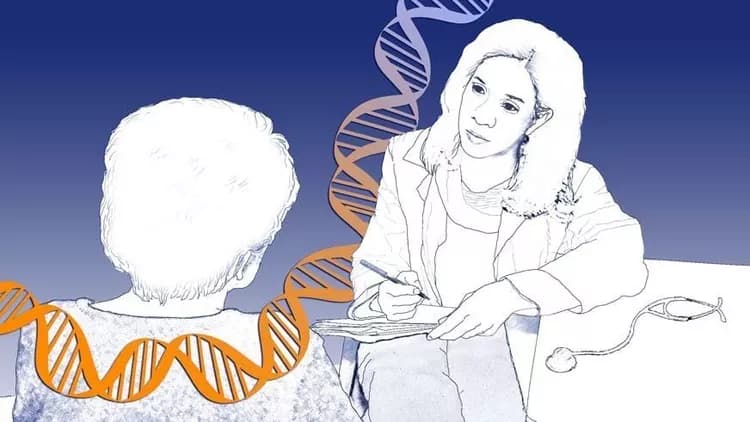
Innovative Genetic, Cellular Techniques Help Identify Multiple Disease Targets
Research released today highlights advances in the use of CRISPR-Cas9 and human induced pluripotent stem cell technologies to identify novel therapeutic targets for neurological disorders such as schizophrenia and addiction. The studies were presented at Neuroscience 2017, the annual meeting of the Society for Neuroscience and the world's largest source of emerging news about brain science and health.
CRISPR-Cas9 is a versatile and highly accurate gene-editing technology that allows researchers to modify specific parts of an organism's genome by altering sections of the DNA sequence. Human induced pluripotent stem cells (iPSCs) are a genetic research tool that can be generated from adult human cells, bypassing the need for using tissue from embryos (along with the associated controversy). The stem cells can be converted into any type of cell in the body, enabling research in multiple human systems. New applications of these relatively recent technologies are facilitating research at the gene-specific level, creating potential for the development of new therapies.
Today's new findings show that:
- An adaptation of CRISPR-Cas9 technology can pinpoint epigenetic "off" and "on" signals for genes that drive cocaine addiction in mice (Peter James Hamilton, abstract 017.01, see attached summary).
- Scientists used CRISPR-Cas9 to shed light on why people with 15q13.3 microdeletion syndrome -- a rare human genetic disorder -- are more likely to develop brain disorders like autism spectrum disorder, epilepsy and schizophrenia (Karun K. Singh, abstract 103.05, see attached summary).
- Using iPSCs, researchers developed a novel cellular disease model to probe the neurobiological causes of schizophrenia, which are not well understood (ChangHui Pak, abstract 032.29, see attached summary).
Other recent findings discussed show that:
- Using human fetal "mini-brains" grown in 3-D cultures, scientists determined that a specific protein produced by the Zika virus changes the properties of neural stem cells in the developing brain of an infected fetus, potentially causing microcephaly in newborns (Ki-Jun Yoon, abstract 103.06, see attached summary).
"Today's findings exemplify the many advances we've made in using CRISPR-Cas9 and human induced pluripotent stem cell technologies and the amazing discoveries that have resulted," said Hideyuki Okano, MD, PhD, of the Keio University School of Medicine in Tokyo, Japan. "Neuroscientists are using these new gene-editing and molecular tools to develop potential therapeutic targets across multiple disease fronts."
Materials provided by Society for Neuroscience. Note: Content may be edited for style and length.
Disclaimer: DoveMed is not responsible for the accuracy of the adapted version of news releases posted to DoveMed by contributing universities and institutions.
References:
Society for Neuroscience. (2017, November 13). Innovative genetic, cellular techniques help identify multiple disease targets: CRISPR-Cas9 and iPSC advances hold treatment promise for schizophrenia, addiction, Zika infection and other diseases. Retrieved November 14, 2017.
Related Articles
Test Your Knowledge
Asked by users
Related Centers
Related Specialties
Related Physicians
Related Procedures
Related Resources
Join DoveHubs
and connect with fellow professionals

0 Comments
Please log in to post a comment.